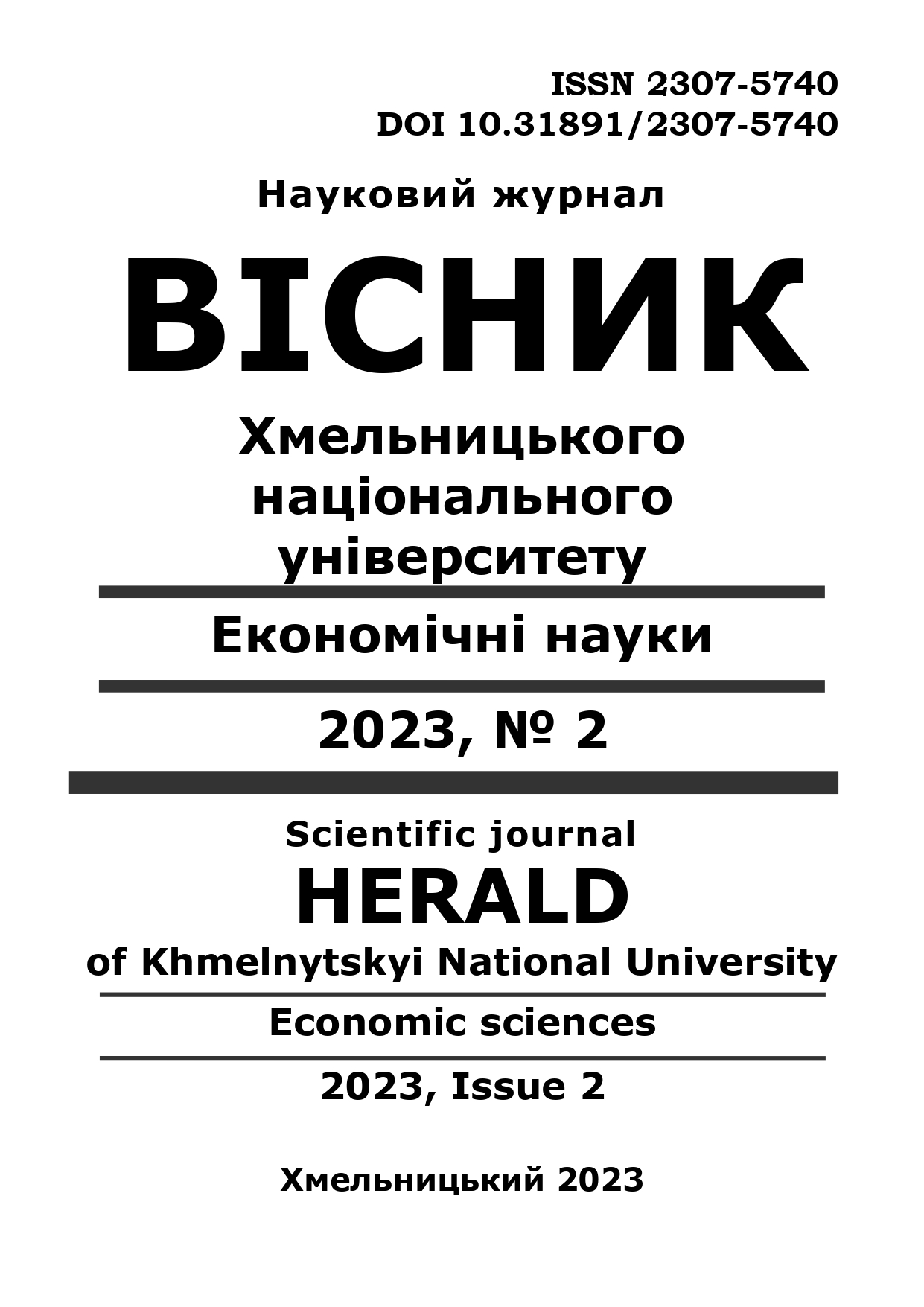ПОДАТКОВІ ПРЕФЕРЕНЦІЇ У ФУНКЦІОНУВАННІ СУБ’ЄКТІВ ГОСПОДАРЮВАННЯ ПІД ЧАС РОСІЙСЬКО-УКРАЇНСЬКОЇ ВІЙНИ
DOI:
https://doi.org/10.31891/2307-5740-2023-316-2-34Ключові слова:
податки, податкові преференції, єдиний податок, ставка податку, мале підприємництво, суб’єкт господарювання, доходи, бюджетАнотація
У статті проаналізовано важливість функціонування малого підприємництва під час російсько-української війни, проведено аналіз діяльності фізичних осіб-підприємців у 2021–2023 рр., зокрема зареєстрованих фізичних осіб-підприємців, активних фізичних осіб-підприємців, фізичних осіб-підприємці, які припинили діяльність. Досліджено заходи державної підтримки суб’єктів малого підприємництва під час військового стану – податкові преференції, їх роль та значення у діяльності підприємств, які знаходяться на спрощеній системі оподаткування та доведено важливість зазначеної підтримки. Розглянуто податкові преференції до чотирьох груп платників податків, які перебувають на спрощеній системі оподаткування у 2022 р. за такими показниками: граничний обсяг доходів на рік, ставка єдиного податку, розмір єдиного внеску (на місяць), документальні перевірки, санкції за порушення податкового законодавства та невикористання касових апаратів (реєстраторів розрахункових операцій). Проаналізовано доходи та видатки бюджету у 2021-2022 рр. та їх вплив на економіку країни.



